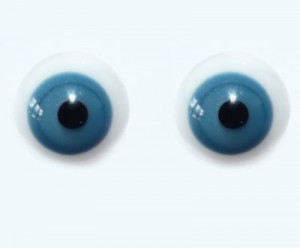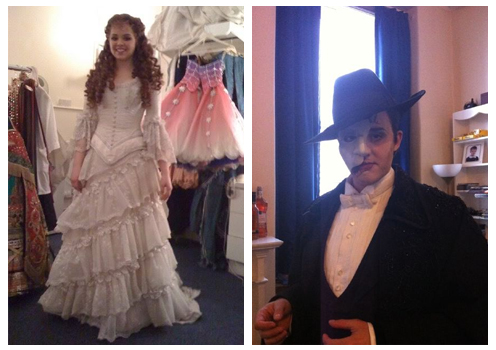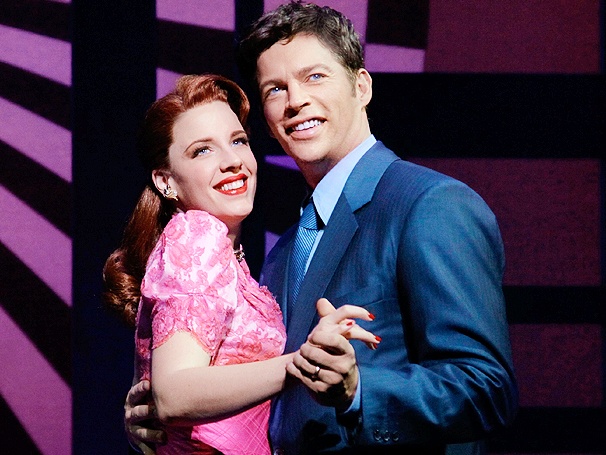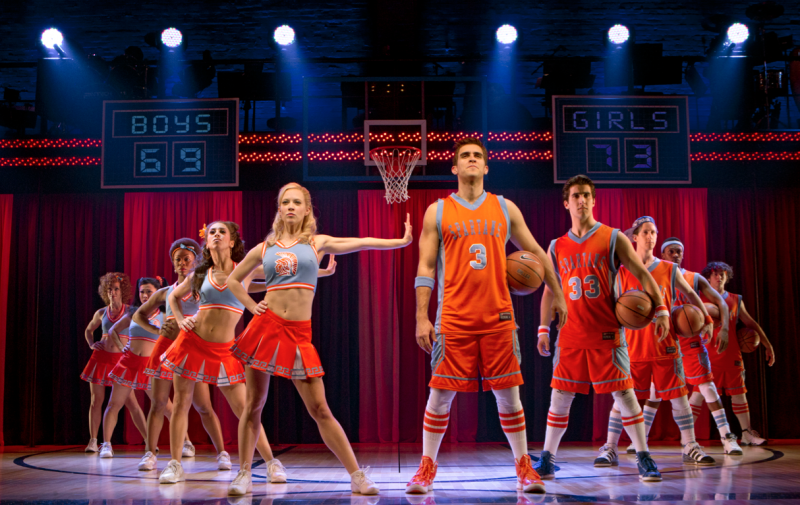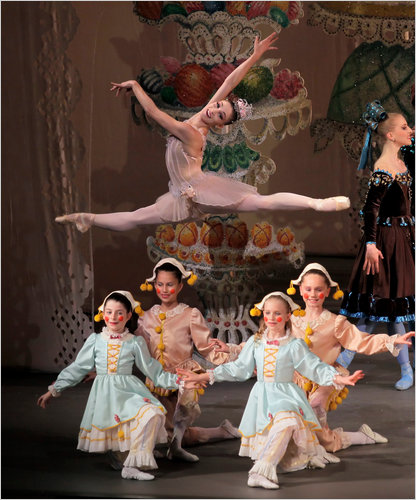While we’re simultaneously being naughty and nice this weekend, we’ll also be feverishly debating the following big, bright Broadway stories from the last few days…
- Aaron Tveit, The Fairest of Them All, turned up in the audience at Hugh Jackman’s Broadway show this week. Our spies tell us that Aaron even got an onstage shoutout from his Les Miz movie costar. Because Hugh is just the nicest guy, and Aaron… is the luckiest.
- In this week’s episode of Sutton Foster Elevates Awful Material to the Point of Bearability, she recently did a reading of The Unsinkable Molly Brown alongside Marc Kudisch.
- For anyone keeping tabs on the general temperature of Jeremy Jordan‘s career right at this exact moment, we welcome you to peruse a recent argument on All That Chat. The general gist: Who’s better, him or John Raitt? We might laugh at that. If it was made up. But it’s not.
- Jesus be praised and critics be damned, Godspell now has a cast recording and Bonnie & Clyde will get one.
- Remember that time a deeply important world leader died and the first thing you thought of was Rent? That was this week, when Vaclav Havel, Czech playwright, essayist, poet, dissident and politician, passed away. When you heard the news, we hope you listened to “La Vie Boheme” at least once—how else were you supposed to get it out of your head?—and then googled the shit out of Vaclav Havel. And 8BC, just for good measure.
- Phormer Phantom Howard McGillin joined the cast of Rebecca this week, replacing actor John Dossett. And not that we’re not excited for Mr. McGillin, but we’d rather focus on wildly speculating that Dossett is headed for Newsies, that Newsies will be an unlimited run, and that we’ll become broke and homeless and addled from seeing it too many times.
- How to Succeed released the Jonasified J. Pierrepont Finch poster this week. We’re still kind of sad it’s Nick Jonas, and not hottie older brother Joe, taking over for Darren Criss. But we’ll survive. In the meantime, we’re trying to figure out how to capitalize on our freakish ability to correctly guess the color of the Ponty replacement’s bow tie before we’ve even seen a poster. Cash bets, perhaps?
- Speaking of Ponty replacements. Darren Criss did his requisite “I’m a Broadway Stah” gig at Joe’s pub this past Sunday. It was a big hit. We’re guessing that’s mostly because Criss is so charming that he actually belches litters of sparkly rainbow kittens.
- The Craptacular’s new favorite—okay, this is somewhat specific to The Mick—West Ender, Killian Donnelly, performed at the awesomely named “Jingle Balls” benefit cabaret in London and video hit the web this week. This is of note because a) he’s cute, b) he sings real good, c) he’s got an awesome Irish accent. The cast of Phantom sings “Lullaby” first, but if you’re not into that, skip to 3:21 where Killian starts talking, and get ready for the Pogues’s Christmas classic “Fairytale of New York.” Don’t melt into a puddle like Frosty too quickly, okay?





